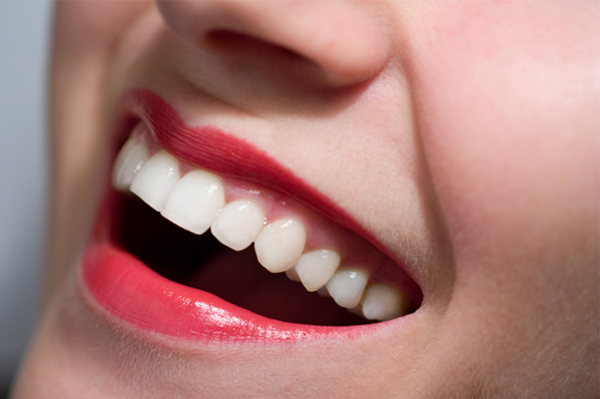First rate oral hygiene helps prevent dental issues like decay and gum disease. Each of these problems are because of plaque and oral hygiene helps prevent the formation of plaque and aids its removing. Dental plaque is a soft whitish deposit that forms on the teeth. It forms once bacteria combines with food and saliva. You can remove plaque with good oral hygiene and prevent it forming with some mouthwashes.
Decay occurs when holes form in a tooth, the main reason behind decay is due to a build up of plaque. The bacteria in plaque forms acids which damage tooth substance, and this will definitely lead to the necessity for fillings and ultimately if left untreated to toothache or perhaps even a dental abscess.
Gum disease is the infection or inflammation of the tissues that surround the teeth. The main cause of gum disease is dental plaque. Gum disease can ultimately cause the loss of supporting tissues; gum disease is also the main source of 'bad breath'.
Regular oral hygiene is important if tooth decay and gum problems are to be prevented. Brushing and flossing daily will help minimize the risk of decay and gum problems.
You should brush your teeth at least twice a day using a soft-tufted brush, manual or electric. You can ask your dentist to recommend a toothbrush for your mouth.
You should brush your teeth for at least 2 minutes, making sure that all areas in your mouth are covered-inside, outside and the biting areas of each tooth. It is most important to clean where the teeth joins the gums as this is where plaque collects. You should change your toothbrush every 3-4 months. Many people find that electric toothbrushes assist them in achieving good oral hygiene. A toothpaste which contain fluoride can really help protect against tooth decay.
Floss your teeth at the very least once a day. If you are unclear how or when to use dental floss ask your dentist or hygienist the way you should do it. Floss takes out the food debris from in between the teeth, in areas that the toothbrush has difficulty to reach.
Mouthwashes can help in the prevention of the build up of plaque, various other mouthwashes can certainly help in the prevention of decay. These mouthwashes contain fluoride.
Quitting smoking will also benefit oral hygiene as well as many other medical conditions. There is a proven link between smoking and gum disease.
Diet-by having a balanced diet and minimizing the quantity of sugared foods and drinks you will help prevent tooth decay. If boys and girls require medicines, try to ensure that they are 'sugar free'. Sugar free chewing gum will increase the flow of saliva and this will help remove food debris from in between the teeth.
Regular check ups by your dentist are an essential part of improving oral hygiene as the dentist will be able to pick up early signs of decay or gum disease and immediately take any needed steps to prevent worse problems.

